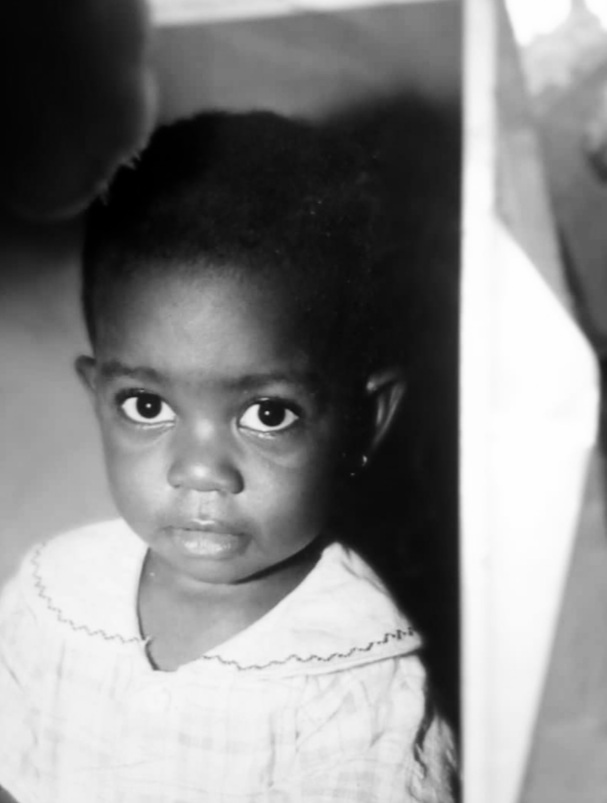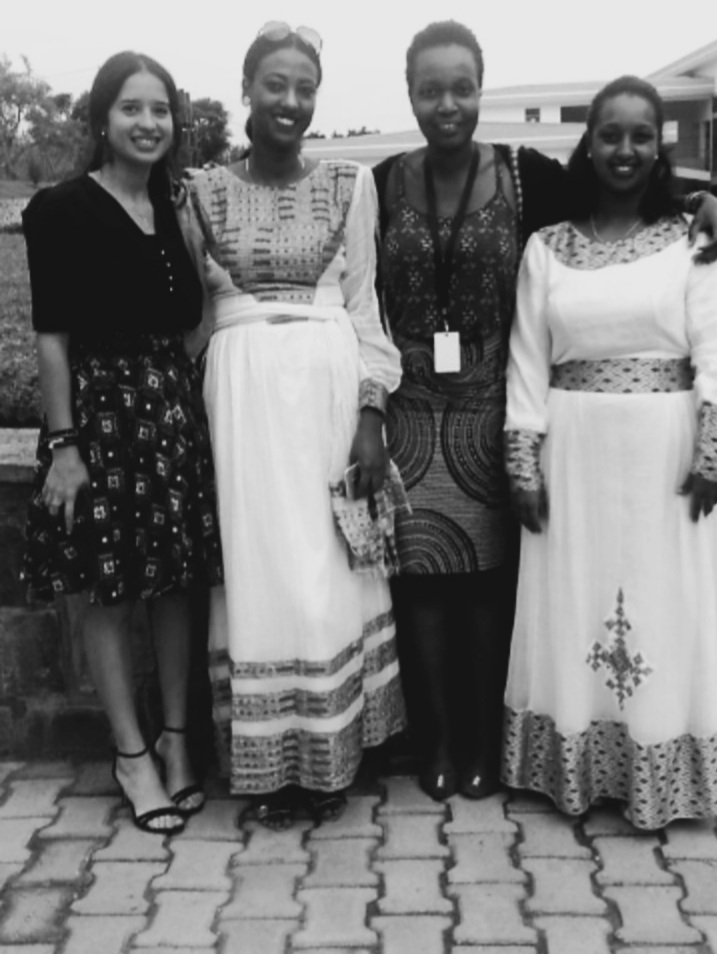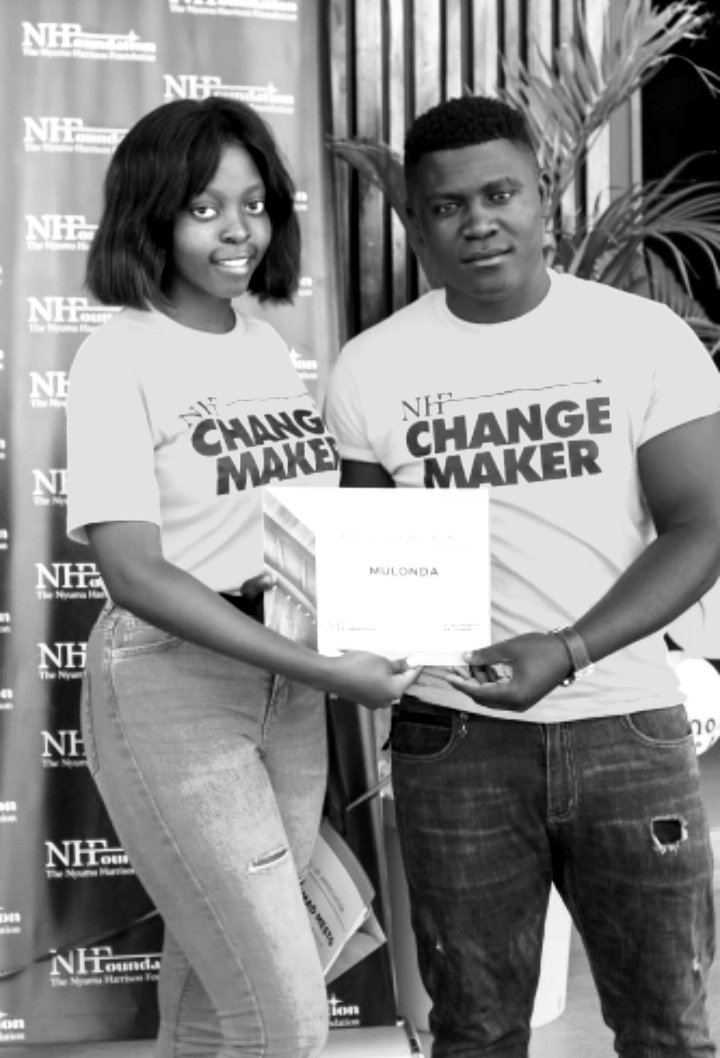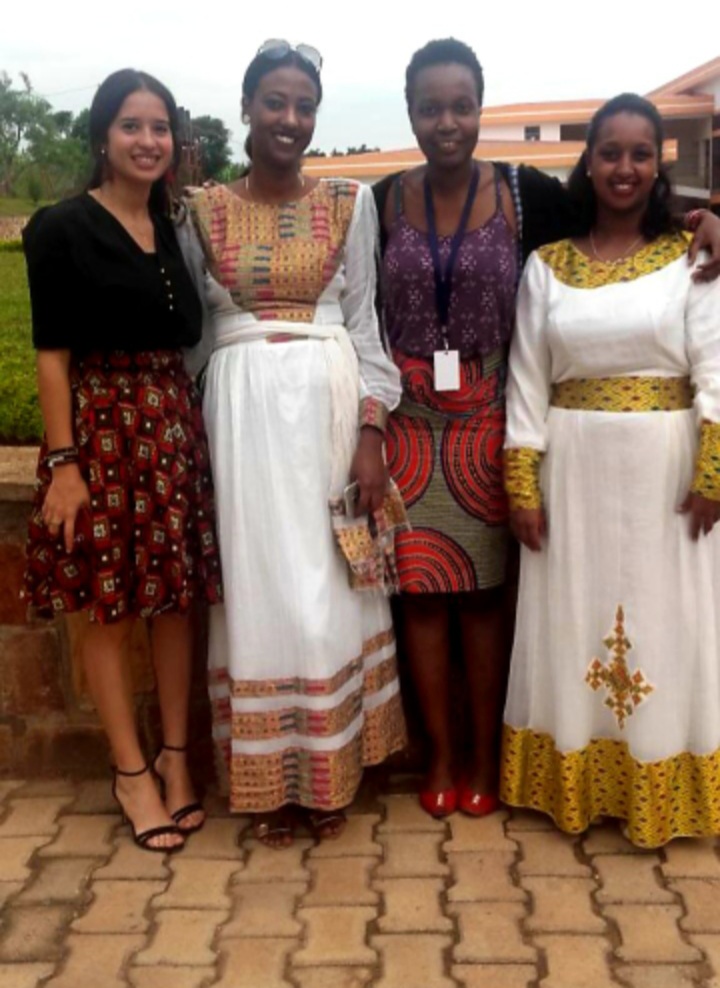
We all arrived here a miracle. Creatures all bottled up with talents and purposes and dreams and gifts. Set out on a universal mission of healing the world, in making it a better place for us to be, for others to be.
As a child, I always knew the universe was way deeper than what I imagined. I knew there was more, something surreal; somewhat untouchable. And we have bits of it reflected in us – something to give back through service. And this was what moved me to be a part of NHF; an avenue to render my service to humanity. It’s me giving, living full and dying empty, using my talents to serve people. Doing what I can, while I can, when I can, in any way I can, every way I can.
It is also me rising by lifting others, weaving earnest words with hope they would find a dwelling place in the hearts of men; creating ripples, happiness and inspiration. Just ordinary actions, by ordinary people, causing extraordinary changes in the world.





